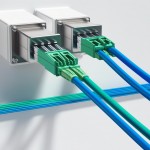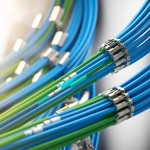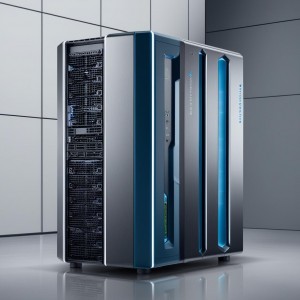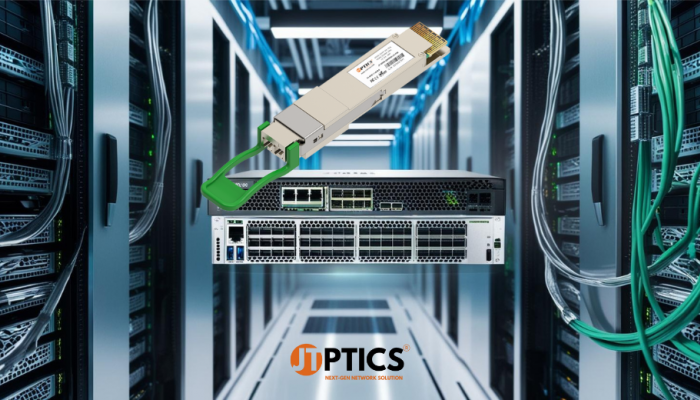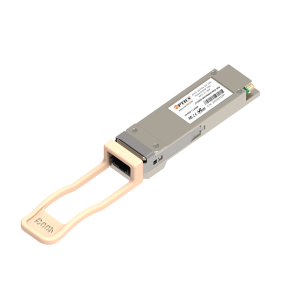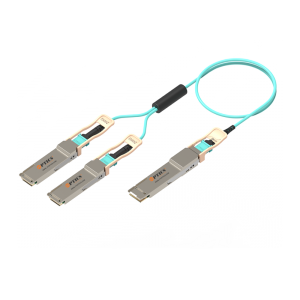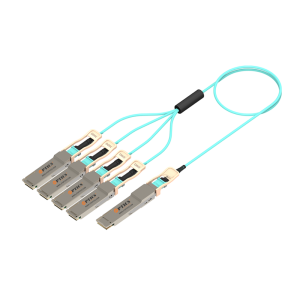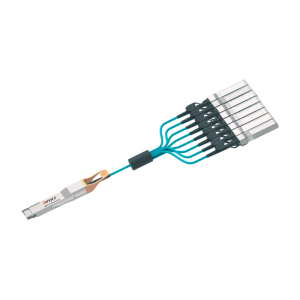400G Transceivers Guide
400G
transceivers, Active Optical Cables (AOCs), and Direct Attach Copper (DAC)
cables are critical components for high-speed networking in modern data
centers, enterprise networks, and high-performance computing environments.
These components support data rates of up to 400 Gigabits per second (Gbps),
providing the bandwidth necessary to handle today's data-intensive
applications.
Unleashing Ultra-High-Speed Connectivity with 400G Transceivers
JTOPTICS® 400G transceivers are engineered for next-generation data center environments requiring massive bandwidth and ultra-low latency. Ideal for hyperscale, cloud, and AI-driven infrastructures, they support high-density switch interconnects and accelerate data flow across core and spine-leaf networks. With optimized power efficiency and advanced modulation, 400G modules future-proof your network for data-intensive workloads and rapid scalability.
Frequently Asked Questions
400G QSFP-DD SR8 Transceivers
“SR” refers to 100m reach using multi-mode fiber, and “8” implies there are 8 optical channels. Each of the 8 optical channels from an SR8 module are carried on separate fibers, resulting in a total of 16 fibers (8 Tx and 8 Rx). Each optical channel operates at 50Gb/s. The SR8 module uses an MPO-16 APC connector to connect to 8 fiber pairs. The SR8 module can be configured for 400G- SR8, 2x 200G-SR4 and (operating at ½ rate) 2x 100G-SR4.
400G QSFP-DD SR4 Transceivers
“SR” refers to 50m reach using multimode fiber, and the “4” implies there are 4 optical channels. Each of the 4 optical channels are carried on separate fibers, resulting in a total of 4 pairs of fibers. Each optical channel operates at 100Gb/s. There are two IEEE defined standards for 100G/wave MMF optics: 400GBASE-SR4 (for 100m reach over parallel OM4 MMF), and 400GBASE-VR4 (for 50m reach over parallel OM4 MMF).
400G QSFP-DD DR4, XDR4 and PLR4 Transceivers
“DR” / “XDR” / “LR” refer to 500m / 2km / 10km reach using single-mode fiber, and “4” implies there are 4 optical channels. Each of the 4 optical channels are carried on separate fibers, resulting in a total of 4 pairs of fibers. Each optical channel operates at 100Gb/s. The DR4 / XDR4 / PLR4 modules use the widely deployed MPO-12 APC SMF connector to connect to 4 fiber pairs.
400G QSFP-DD FR4 / LR4 Transceivers
“FR” / “LR” refers to 2km / 10km reach using single-mode fiber, and “4” implies there are 4 optical channels. Unlike the DR4 and SR8, all 4 optical channels from an FR4 / LR4 are multiplexed onto one fiber, resulting in a total of 2 fibers from the module (1 Tx and 1 Rx). Each optical channel operates at 100Gb/s. The modules use a duplex LC optical connector.



